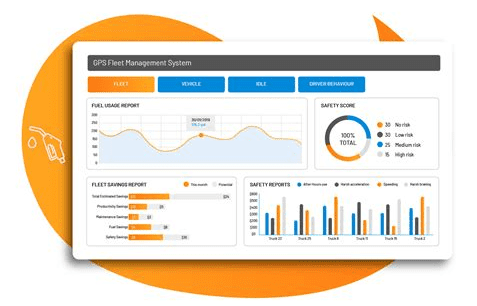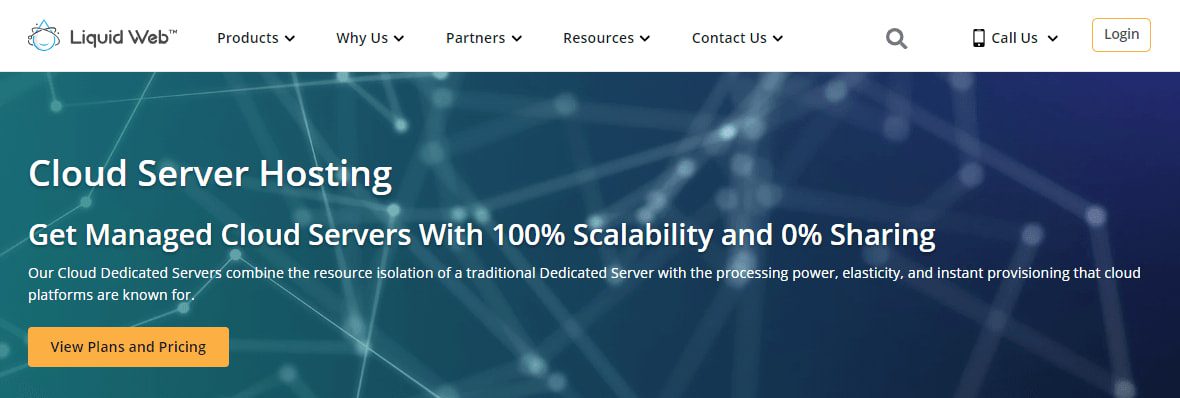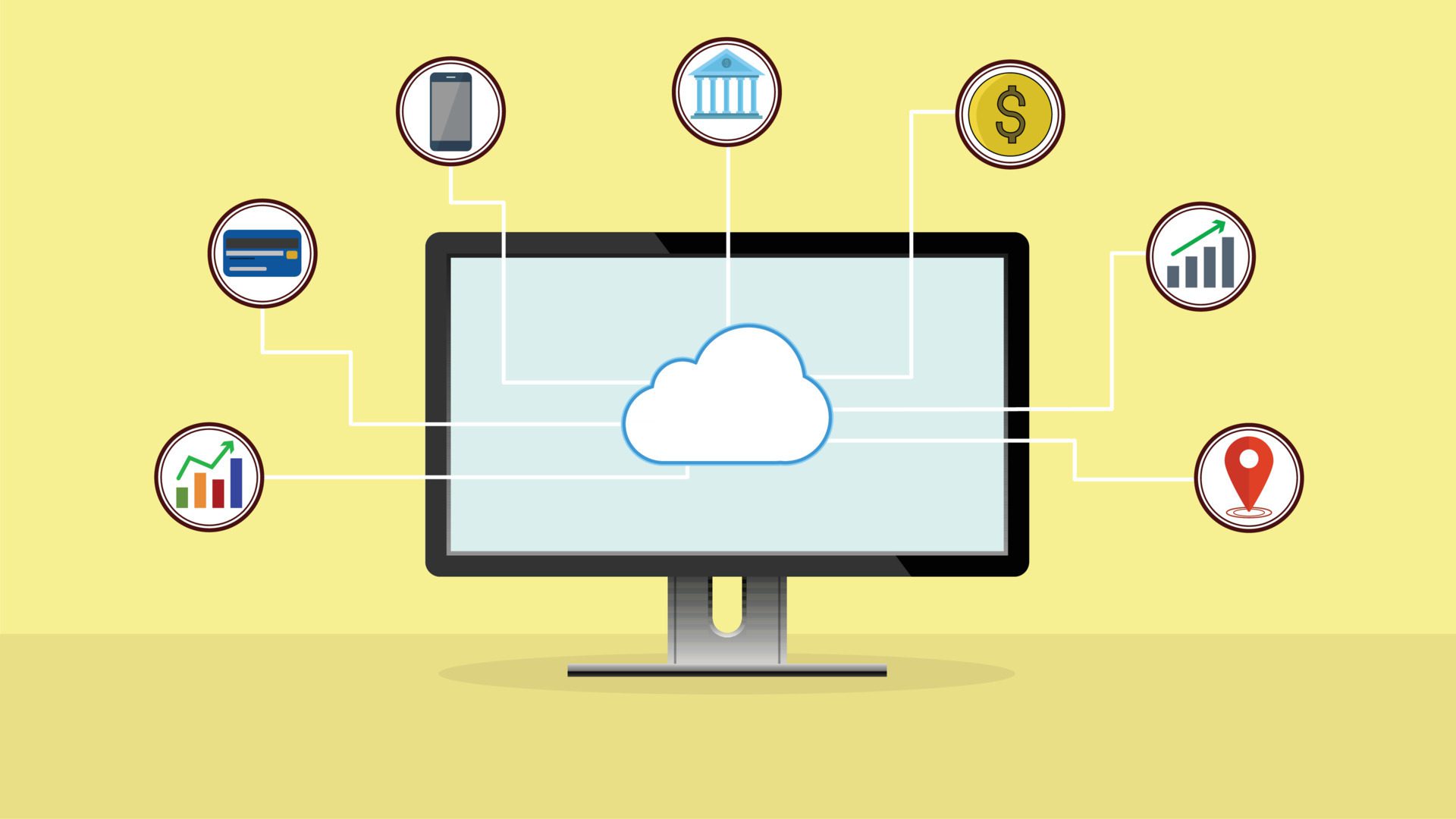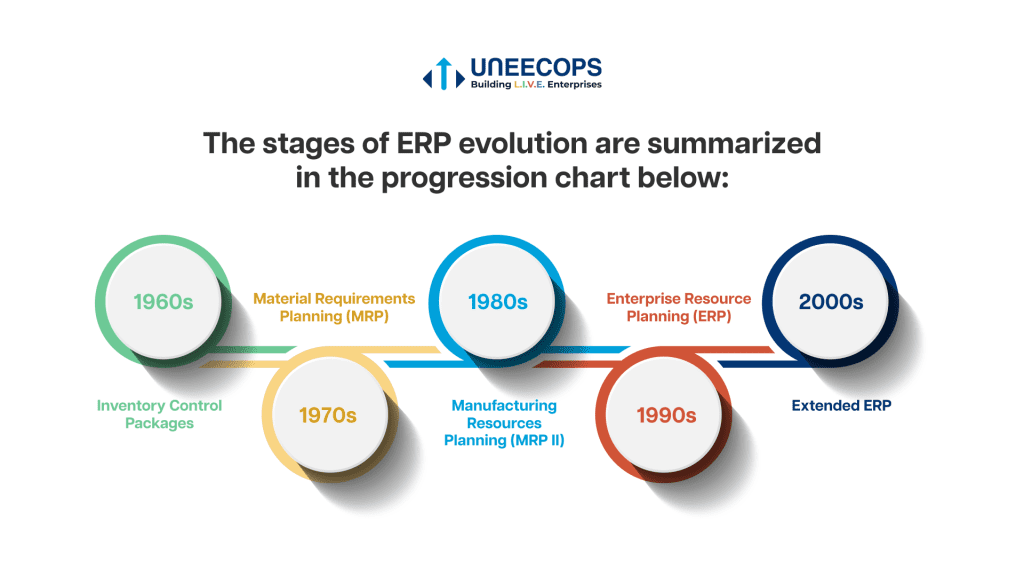Fleet Management Erp
Welcome to our in-depth discussion on how Fleet Management ERP systems can significantly enhance efficiency and performance within your organization. As businesses continue to navigate the complexities of managing a fleet of vehicles, the need for streamlined processes and real-time data insights becomes increasingly crucial. With the implementation of a robust ERP system specifically designed for fleet management, companies can optimize their operations, reduce costs, and ultimately improve their overall performance. Let’s delve into the key benefits and features of Fleet Management ERP solutions that can revolutionize the way you manage your fleet.
Benefits of Fleet Management ERP
Implementing a Fleet Management ERP system can bring numerous advantages to your business. One of the key benefits is increased efficiency and productivity. By streamlining processes such as route planning, vehicle maintenance scheduling, and fuel management, ERP software can help to reduce manual tasks and save time. This allows your employees to focus on more strategic activities, leading to a more efficient operation overall.
Another benefit of Fleet Management ERP is improved cost control. With real-time data on fuel consumption, vehicle maintenance, and driver behavior, you can identify cost-saving opportunities and make informed decisions to reduce expenses. For example, you can optimize routes to minimize fuel consumption, schedule preventive maintenance to avoid costly breakdowns, and monitor driver performance to reduce unnecessary idling and harsh driving behaviors.
Furthermore, Fleet Management ERP can enhance vehicle safety and compliance. By tracking driver hours, monitoring vehicle conditions, and ensuring compliance with regulations, you can minimize the risk of accidents and non-compliance fines. This not only helps to protect your drivers and assets but also improves your company’s reputation and avoids potential legal issues.
Additionally, implementing Fleet Management ERP can lead to better customer service and satisfaction. By providing accurate ETAs, enabling real-time tracking of deliveries, and optimizing routes to meet customer expectations, you can enhance the overall customer experience. This can result in increased customer loyalty, repeat business, and positive word-of-mouth referrals.
Moreover, Fleet Management ERP can help with data-driven decision-making. By capturing and analyzing data on vehicle performance, driver behavior, and operational metrics, you can gain valuable insights to make informed decisions. Whether it’s optimizing fleet size, improving driver training, or upgrading vehicle models, data-driven decisions can foster continuous improvement and drive business growth.
In conclusion, Fleet Management ERP offers a wide range of benefits for businesses looking to optimize their fleet operations. From increased efficiency and cost control to improved safety and customer satisfaction, implementing ERP software can help you stay competitive in today’s fast-paced market. By harnessing the power of data and technology, you can transform your fleet management processes and achieve long-term success.
Key Features of Fleet Management ERP
Fleet Management ERP software offers a wide range of features to help businesses effectively manage their fleet operations. One of the key features of these systems is GPS tracking capabilities. This allows fleet managers to track the real-time location of vehicles, monitor driver behavior, and optimize routes for increased efficiency. With GPS tracking, businesses can improve fuel efficiency, reduce maintenance costs, and enhance overall operational performance.
Another important feature of Fleet Management ERP is vehicle maintenance scheduling. This feature helps businesses schedule routine maintenance tasks, track service history, and receive alerts for upcoming maintenance requirements. By staying on top of vehicle maintenance, businesses can prevent costly breakdowns, extend the lifespan of their fleet, and ensure compliance with regulations. Vehicle maintenance scheduling can also help businesses reduce downtime and improve the overall reliability of their fleet.
Additionally, Fleet Management ERP systems offer comprehensive reporting and analytics capabilities. These features allow businesses to generate customized reports on various aspects of their fleet operations, such as fuel consumption, driver performance, and vehicle utilization. By analyzing this data, businesses can identify trends, make informed decisions, and implement strategies to improve efficiency and reduce costs. Reporting and analytics tools also help businesses track key performance indicators, monitor progress towards goals, and measure the overall success of their fleet management efforts.
Furthermore, Fleet Management ERP systems offer integration with other business applications, such as accounting software, CRM systems, and payroll solutions. This seamless integration streamlines operations, eliminates manual data entry, and ensures data accuracy across different platforms. By connecting fleet management systems with other business applications, businesses can improve communication, collaboration, and overall productivity. Integration with external systems also enables businesses to automate processes, reduce errors, and enhance the overall efficiency of their operations.
In conclusion, Fleet Management ERP software offers a wide range of features to help businesses effectively manage their fleet operations. From GPS tracking and vehicle maintenance scheduling to reporting and analytics capabilities, these systems provide businesses with the tools they need to optimize their fleet performance, reduce costs, and enhance overall efficiency. By leveraging the key features of Fleet Management ERP, businesses can stay competitive in today’s rapidly evolving industry and achieve long-term success.
Implementation Process of Fleet Management ERP
Implementing a Fleet Management ERP system can be a complex process that requires careful planning and collaboration between various departments within the organization. The following steps outline the typical implementation process:
1. Planning and Strategy Development: The first step in the implementation process is to develop a detailed plan and strategy for how the Fleet Management ERP system will be implemented. This includes defining the project scope, goals, timeline, and budget. It is important to involve key stakeholders from different departments, such as fleet operations, IT, finance, and human resources, in the planning process to ensure alignment and buy-in.
2. System Selection: Once the plan and strategy are in place, the next step is to select a suitable Fleet Management ERP system. This involves evaluating different vendors and software options based on criteria such as functionality, scalability, ease of use, and cost. It’s important to involve end-users in the selection process to ensure that the chosen system meets their needs and preferences.
3. Customization and Configuration: After selecting the Fleet Management ERP system, the next step is to customize and configure it to suit the specific needs and requirements of the organization. This may involve setting up user roles and permissions, configuring workflows, and integrating the system with other software applications used within the organization. Customization is important to ensure that the system aligns with the organization’s unique business processes and workflows.
4. Data Migration: Once the Fleet Management ERP system is customized and configured, the next step is to migrate data from the organization’s existing systems to the new system. This may involve transferring data such as vehicle records, maintenance schedules, driver information, and fuel usage history. It is important to plan and execute data migration carefully to ensure that data is transferred accurately and securely.
5. Training and Change Management: Training is a crucial aspect of the implementation process, as it helps users understand how to use the new Fleet Management ERP system effectively. Training should be provided to all users, including fleet managers, drivers, maintenance technicians, and administrative staff. In addition to training, change management strategies should be implemented to help users adapt to the new system and address any resistance to change.
6. Go-Live and Support: Once training is complete, the Fleet Management ERP system can go live, and users can begin using it in their day-to-day operations. It is important to provide ongoing support to users to address any issues or questions that may arise during the initial implementation phase. Regular feedback should be gathered from users to identify areas for improvement and optimization.
By following these steps and involving key stakeholders throughout the implementation process, organizations can successfully implement a Fleet Management ERP system that improves efficiency, streamlines operations, and provides valuable insights for decision-making.
Challenges in Adopting Fleet Management ERP
Implementing a Fleet Management ERP system can be a daunting task for companies, as it involves various challenges that need to be addressed. One of the major challenges in adopting a Fleet Management ERP is the resistance from employees. Many employees may be comfortable with the current systems and processes in place, and may resist the change to a new ERP system. This resistance can hinder the successful implementation of the Fleet Management ERP and lead to delays in the project.
Another challenge in adopting Fleet Management ERP is the cost involved in implementing the new system. ERP systems can be expensive to purchase and implement, and companies may not have the budget to invest in such a system. Additionally, there may be additional costs associated with training employees on how to use the new system, as well as ongoing maintenance and support costs.
Furthermore, integrating a Fleet Management ERP with existing systems and processes can be a complex process. Companies may have multiple systems in place that need to be integrated with the new ERP system, which can be time-consuming and require significant resources. Additionally, data migration from the old systems to the new ERP system can be challenging, as it requires careful planning and execution to ensure that data is not lost or corrupted during the process.
One of the key challenges in adopting Fleet Management ERP is the change management aspect of the implementation. Employees may be resistant to change and may struggle to adapt to the new system, which can impact productivity and efficiency within the organization. Proper change management strategies need to be implemented to ensure that employees are on board with the new system and are trained on how to use it effectively.
Future Trends in Fleet Management ERP
Fleet management ERP systems are constantly evolving to meet the needs of a changing industry. As technology advances, there are several exciting trends on the horizon that will shape the future of fleet management ERP.
1. Integration of IoT: The Internet of Things (IoT) has already started to revolutionize the way fleet management systems operate. By integrating IoT technology into ERP systems, fleet managers will be able to track vehicles in real-time, monitor fuel consumption, and even perform predictive maintenance. This will lead to increased efficiency and cost savings for fleet operators.
2. Artificial Intelligence and Machine Learning: AI and machine learning algorithms are being integrated into fleet management ERP systems to analyze vast amounts of data and provide valuable insights. These technologies can help fleet managers optimize routes, reduce downtime, and improve overall fleet performance.
3. Autonomous Vehicles: The rise of autonomous vehicles is set to have a major impact on fleet management ERP systems. As more self-driving vehicles hit the road, fleet managers will need to adapt their systems to accommodate these new technologies. This will likely involve the development of specialized ERP modules for autonomous vehicle management.
4. Cloud-based Solutions: Cloud-based fleet management ERP systems are becoming increasingly popular due to their scalability, flexibility, and cost-effectiveness. By hosting their ERP systems in the cloud, fleet operators can access important data from anywhere, at any time. This trend is expected to continue as more companies embrace remote work and virtual collaboration.
5. Sustainability and Green Initiatives: One of the most important future trends in fleet management ERP is the focus on sustainability and green initiatives. As the world becomes more environmentally conscious, fleet operators are under pressure to reduce their carbon footprint and adopt eco-friendly practices. ERP systems will play a crucial role in helping companies track and report on their sustainability efforts, as well as optimize their operations to minimize environmental impact.
By embracing these future trends in fleet management ERP, companies can stay ahead of the curve and position themselves for success in a rapidly changing industry. Whether it’s integrating IoT technology, leveraging AI and machine learning, or investing in cloud-based solutions, the key to effective fleet management lies in staying up-to-date with the latest trends and innovations.






